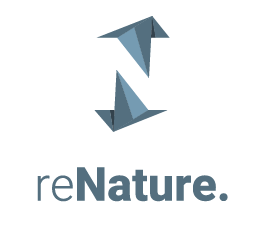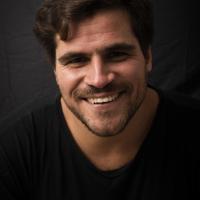
Felipe
Villela
Felipe is a Brazilian impact & regenerative agribusiness entrepreneur based in Amsterdam. His family has 60+ years knowledge & experience in large-scale organic citrus farming and financial background, so he has always been involved in nature-inclusive agriculture and business development. After visiting the Amazon Rainforest and seeing how much deforestation is taking place due to agricultural commodities for industries and how that impacts communities & smallholders living there he decided to dedicate his entire life to change the way we produce our agri commodities worldwide. Together with his business partner, Marco de Boer, they founded reNature. A Dutch organization that aims at regenerating 1 million hectares of land worldwide through Regenerative Agroforestry while ensuring food security for 10M farmers & local communities by 2030. reNature develops model farms & model schools to corporates and organizations seeking transition towards regenerative agriculture at scale. Their goal is to make sure the growing world population will have access to high quality and sustainable food while regenerating land.
Felipe's role is to inspire businesses & industries worldwide to make an agricultural transition using successful regenerative business case studies that ensures Socio-environmental impact and economical viability. He have been pitching at the International Conference on Sustainable Development at Columbia University in NYC, TEDxAmsterdam, Rabobank, PNB Paribas, Museum of Tomorrow, ChangeNOW Summit, UN Environment, XP Private, World Investment Forum, Mercedes Benz, Unilever, Global Landscape Forum & COP24.
Felipe has been selected ForbesUnder30 2020 by Forbes, became Strategic Advisor of the United Nations Food Systems Summit (UNFSS) and Lead Author at UN Environment Programme (UNEP) for their GEO for Business.
Felipe is passionate about spreading the knowledge and efficiency of regenerative agroforestry within businesses, in order to foster a new nature-inclusive economical model. Let's do this.

